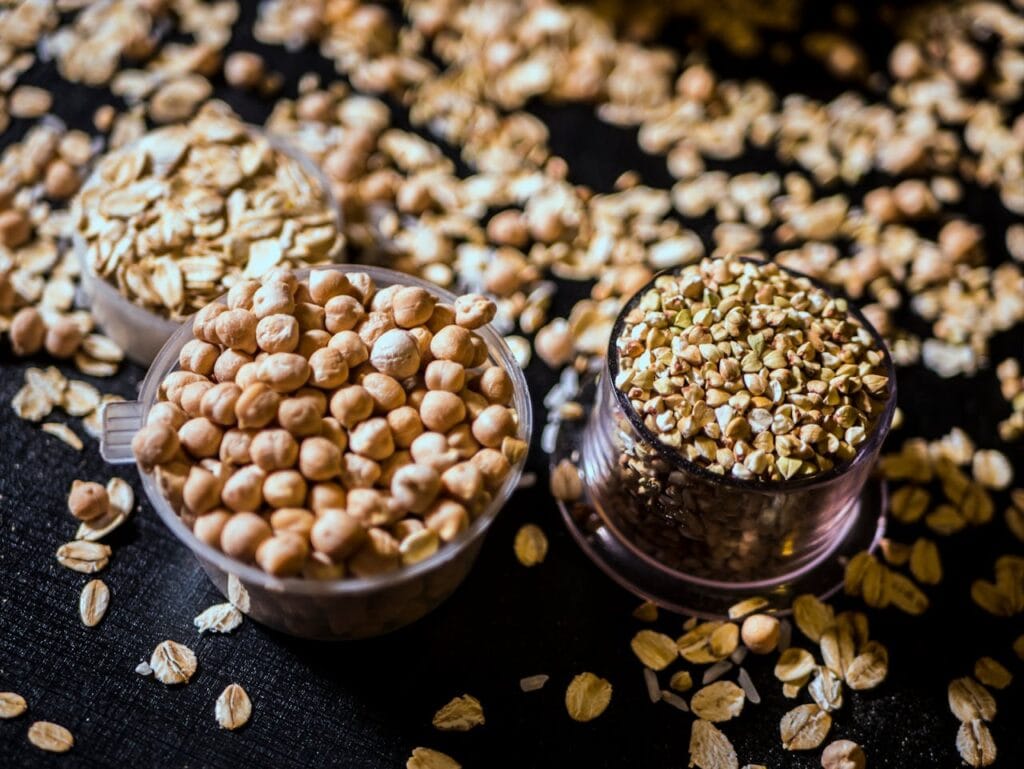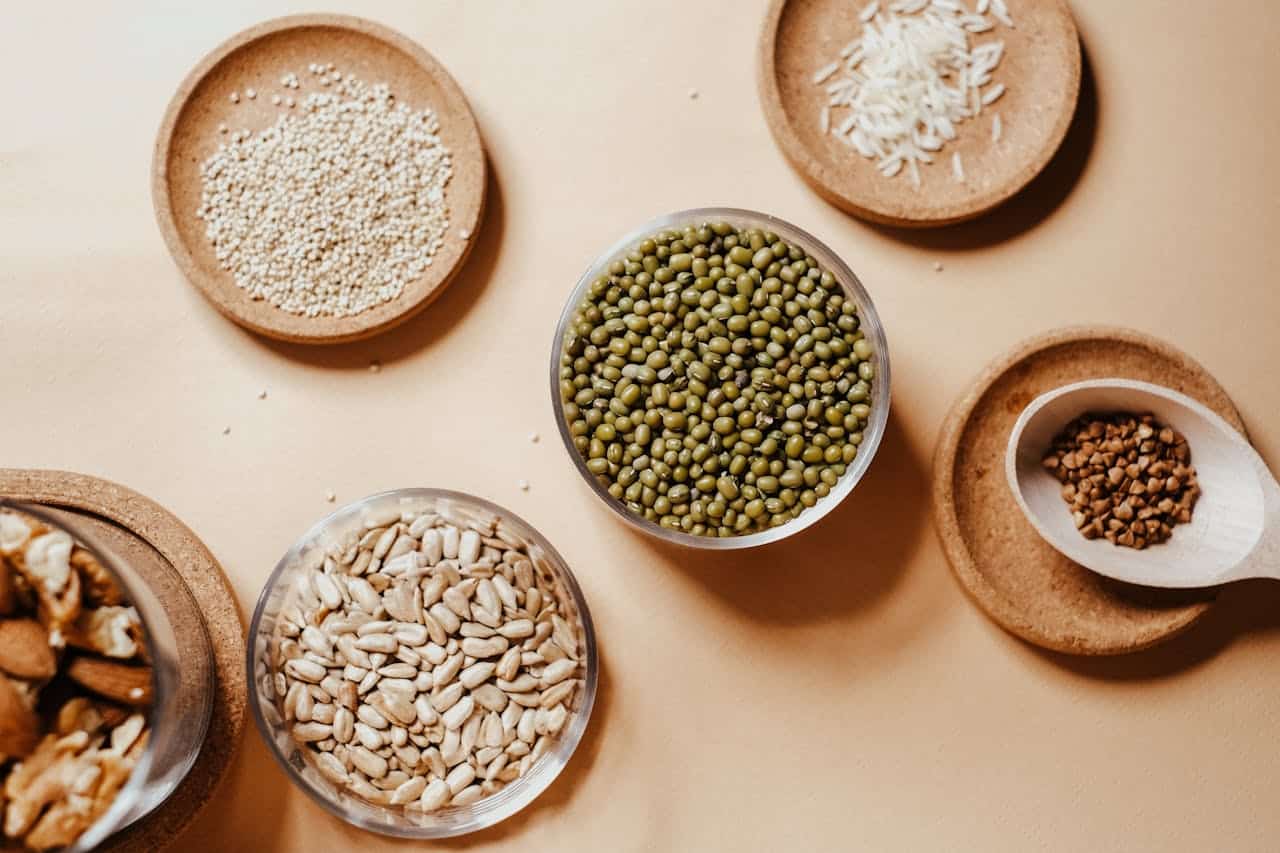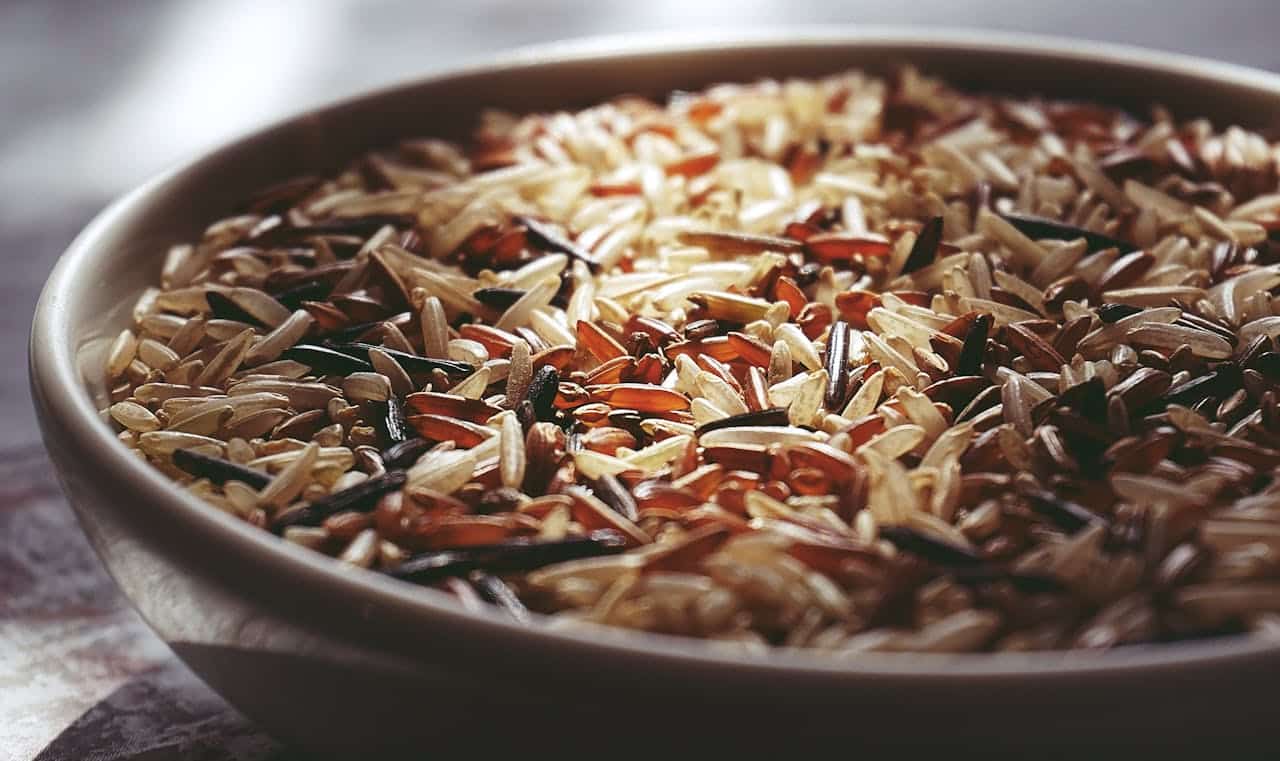What is Whole Grains?
Whole grains are the entire, edible grain of a plant, including the bran, germ, and endosperm. Unlike refined grains, which have lost many of their nutrients during processing, whole grains retain all their essential parts. Because of their intact structure, whole grains offer a wealth of health benefits, making them a cornerstone of a balanced diet.

Understanding Whole Grains
Before we dive into the benefits, let’s clarify what whole grains are. Unlike refined grains, which have lost their bran and germ during processing, whole grains retain all their essential parts. This includes:
- Bran: The outer layer, rich in fiber and nutrients.
- Germ: The embryo, containing healthy fats and vitamins.
- Endosperm: The starchy part of the grain.
The Nutritional Powerhouse
Whole grains are a nutritional powerhouse, offering a wide array of essential nutrients:
- Fiber: Crucial for digestive health, weight management, and blood sugar control.
- Vitamins: Including B vitamins, essential for energy metabolism and nervous system function.
- Minerals: Such as magnesium, iron, and zinc, vital for various bodily functions.
- Antioxidants: Protect cells from damage caused by free radicals.
Health Benefits of Whole Grains
Consuming whole grains regularly is linked to numerous health benefits:
Improved Digestive Health: The high fiber content in whole grains promotes regular bowel movements, preventing constipation and supporting overall gut health.
Heart Health: Whole grains can help reduce the risk of heart disease by lowering cholesterol levels, reducing blood pressure, and improving blood vessel function.
Blood Sugar Control: Whole grains release glucose into the bloodstream gradually, helping to prevent spikes in blood sugar levels. This is particularly beneficial for individuals with diabetes or those at risk.
Reduced Risk of Chronic Diseases: Regular consumption of whole grains has been linked to a lower risk of type 2 diabetes, certain types of cancer, and cardiovascular disease.
Weight Management: The fiber in whole grains helps you feel fuller for longer, reducing overall calorie intake and aiding in weight loss.
Increased Energy Levels: The complex carbohydrates in whole grains provide a sustained energy release, keeping you feeling energized throughout the day.
Common Whole Grains
There’s a wide variety of whole grains to choose from. Some popular options include:
- Brown rice
- Oatmeal
- Quinoa
- Whole grain corn
- Wild rice
- Bulgur
- Farro
Incorporating Whole Grains into Your Diet
Making whole grains a part of your daily diet is easier than you might think. Here are some tips:
Incorporate whole grain cereals: Choose cereals with whole grains as the first ingredient.
Add whole grains to your meals: Include whole grains in salads, soups, and stir-fries.
Opt for brown rice: Swap white rice for brown rice, which is a whole grain.
Try whole grain snacks: Opt for whole grain crackers, popcorn, or granola bars.
Conclusion
Whole grains are undoubtedly a nutritional powerhouse that offers a multitude of health benefits. By incorporating them into your diet, you can improve your overall well-being and reduce your risk of chronic diseases. Make a conscious effort to choose whole grain options whenever possible and enjoy the delicious and nutritious benefits they provide.
Whole Grains Found in India
India boasts a rich diversity of whole grains, many of which have been cultivated for centuries. Here’s a list of some of the most common ones:
Millets
- Pearl Millet (Bajra): Known for its high energy content, it’s a staple in northern India.
- Finger Millet (Ragi): Rich in calcium, it’s widely consumed in south India.
- Foxtail Millet (Kangani): Used in various dishes, especially in Gujarat.
- Proso Millet (Cheena): Less common but gaining popularity for its nutritional value.
Other Whole Grains
- Wheat (Gehun): A staple food across India, whole wheat is a good source of fiber.
- Rice (Chawal): While often consumed as refined, brown rice is a whole grain option.
- Barley (Jau): Used in traditional Indian medicine and culinary practices.
- Corn (Makai): A versatile grain used in various forms, including roti and porridge.
- Oats (Jai): Increasingly popular for its nutritional benefits.
- Amaranth (Rajgira): A pseudo-cereal packed with protein and iron.
- Buckwheat (Kuttu): Another pseudo-cereal, often used in fasting diets.
Summary
Whole grains are nutritional powerhouses packed with fiber, vitamins, minerals, and antioxidants. These unrefined grains offer a multitude of health benefits, including improved digestion, reduced risk of heart disease, weight management, better blood sugar control, and a lower risk of chronic diseases. By replacing refined grains with whole grain alternatives, you can enhance your overall well-being and enjoy sustained energy levels.
Follow Us on Instagram






